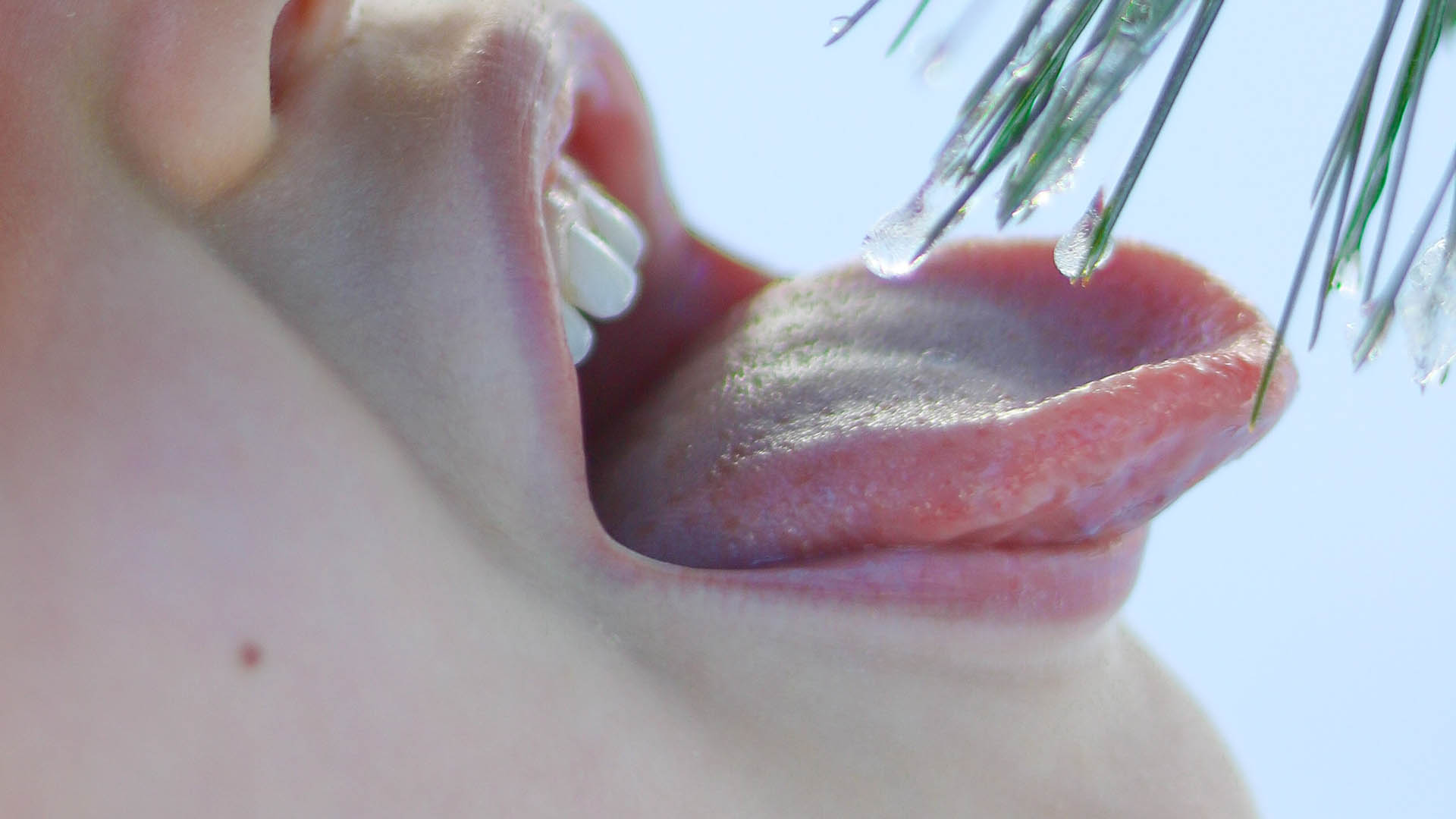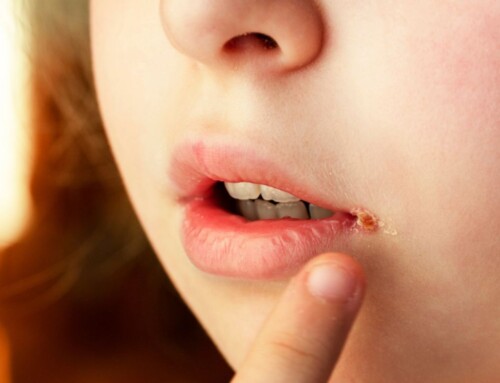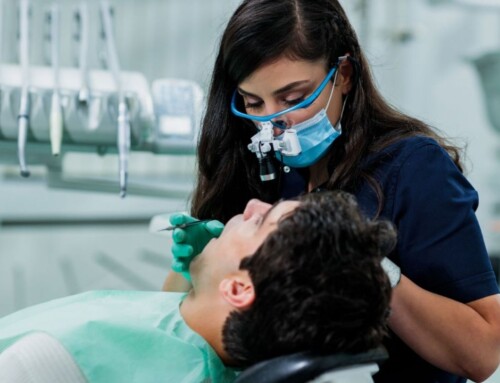
Saliva is a bodily fluid that is secreted by the salivary glands. It serves several important functions, such as lubricating the mouth and aiding digestion. One of the most common complaints regarding saliva is its stickiness.
There can be many causes of sticky saliva, and fortunately, there are also several home remedies that can provide relief. In this blog post, we will explore the causes of sticky saliva and some of the best home remedies to combat it.
What Is Sticky Saliva?
Before we dive into the causes and home remedies, let’s first take a closer look at what sticky saliva is.
Also known as pasty saliva, sticky saliva is a condition in which the saliva becomes thick and stringy. It can be difficult to swallow and may even adhere to the teeth and gums. Sticky saliva can be a nuisance, but it is usually not a cause for concern.
What Causes Sticky Saliva?
There are many potential causes of sticky saliva. Some of the most common include:
Dry mouth: Dry mouth, also known as xerostomia, is a condition in which the mouth does not produce enough saliva. This can be due to medications, medical conditions, or simply not drinking enough fluids. Dry mouth can also cause thick and sticky saliva.
Dehydration: It occurs when the body does not have enough fluids. This can happen if you are sick, sweating excessively, or not drinking enough fluids. Dehydration can cause the saliva to become sticky.
Smoking: Smokers often complain of having a sticky mouth. This is because smoking causes the saliva to thicken, making it difficult to swallow. The sticky saliva can adhere to teeth and gums, promoting the growth of bacteria. As a result, smokers are at an increased risk of developing gum disease and other oral health problems.
While quitting smoking is the best way to reduce these risks, there are also some things that smokers can do to help keep their mouths healthy. For example, brushing and flossing regularly can help remove plaque build-up, and using a tongue scraper can help remove bacteria from the tongue.
Diet: Do you ever feel like your saliva is just too sticky? You’re not alone. Studies have shown that diet can affect the stickiness of saliva. Consuming foods high in sugar and starch can make saliva more adhesive, leading to problems with dental health and difficulty swallowing.
Oral hygiene: Poor oral hygiene can lead to bacteria build-up in the mouth, making the saliva thick and sticky. This can lead to tooth decay and gum disease. Poor oral hygiene can also cause bad breath. Halitosis (bad breath) is caused by bacteria in the mouth, which release sulfur compounds with a characteristic odor.
Medical conditions: A diverse range of conditions can cause changes in the composition of saliva, resulting in a sticky or thicker consistency. While this may not seem like a big deal, it can be quite uncomfortable and lead to other problems such as difficulty swallowing.
Some medical conditions that can cause sticky saliva include dehydration, Sjogren’s syndrome, and diabetes. In most cases, changes in saliva consistency are temporary and can be resolved with treatment. However, if you are experiencing sticky saliva, it is best to consult a doctor to rule out any underlying health issues.
Home Remedies For Sticky Saliva
Drinking plenty of fluids: Drinking lots of water, juice, and other fluids can help to increase saliva production and reduce stickiness.
Chewing gum: Chewing gum can help to stimulate saliva production and reduce stickiness.
Eating citrus fruits: Citrus fruits, such as oranges and lemons, can help to increase saliva production and reduce stickiness.
Avoiding sugary foods: Reduce the number of sugary foods in your diet to help prevent sticky saliva.
Quitting smoking: Quitting smoking can help to increase saliva production and reduce stickiness.
Practicing good oral hygiene: Brushing and flossing regularly can help to prevent a build-up of bacteria in the mouth, which can contribute to sticky saliva.
When To See A Family Dentistry In Charlotte, NC
In most cases, sticky saliva is not a cause for concern and can be treated at home. However, there are some instances in which you should see a dentist, like if the sticky saliva is accompanied by other symptoms, such as shortness of breath or difficulty swallowing.
If you are concerned about your sticky saliva or if home remedies are not providing relief, see your doctor for an evaluation. Schedule a session with Dr. Khalil Mjahed to discuss your problem.





